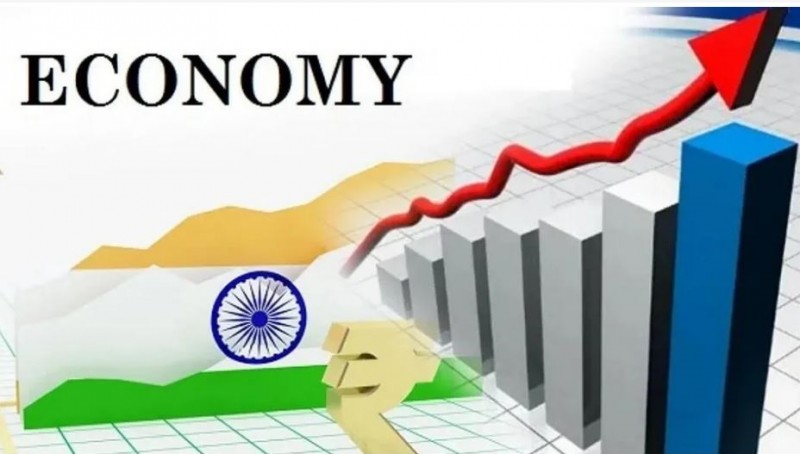
CHENNAI: State Bank of India (SBI) in a research report said that India's self-reliance policy 'Aatmanirbhar Bharat' is worth its cost in a globalised world where the interest of nations can trump well-laid plans.
The SBI analysis asserts that, in retrospect, Aatmanirbhar Bharat is worthwhile, citing the rising cost of living, inflation, tightening of policy rates, slowing of the economies, and the possibility of a European recession.
"Building our own skills is always preferable to relying on others, which is what currently renders Europe so vulnerable. Puritans point to the typical example of Germany, which from 2006 to 22 did not construct a single LNG (liquefied natural gas) terminal and solely relied on Russian gas imports" the report notes.
Economic sanctions are now being used as weapons in the military battle between Russia and Ukraine.
Russian exports to the EU are currently down about 60 percent from June 2021, said the SBI report, and further downward escalation is likely. "Russian pipeline flows to Europe have been dropping since the second half of 2021, and following recent cuts in deliveries, further downward escalation is a reality," the SBI added.
The 27 member states of the European Union (EU27) are nearly entirely dependent on gas imports, with more than 90 percent of the gas used in the euro region coming from abroad, according to the research paper. In contrast to petroleum products, gas is the main energy source used most frequently in industry and accounts for a sizable share of final residential use.
The consumer channel and the intermediate products channel both experience a major slowdown in economic activity when natural gas prices rise significantly.
It is anticipated that the lack of gas will have an influence on the production of zinc, steel, aluminium, and fertilisers.
Since gas is both a major feedstock and a source of electricity for the industry, the shortage of fertiliser is actually getting worse, with more than two-thirds of production capacity being halted. As a result, according to the SBI research, the EU may start importing fertilisers on a net basis this year.
The European Central Bank (ECB) predicts that the corporate sector will see a direct and indirect reduction in gross value added (GVA) of around 0.7 percent as a result of a hypothetical 10 percent gas rationing shock.
Also, a 10 percent decrease in consumer demand as a result of higher energy costs is anticipated to spill over into other industries, with a 0.1 percent to 1 percent loss in value added. The most affected industries will be those in real estate, public administration, health, and education.
Aatmanirbhar Bharat Abhiyaan is the vision of a new India that the Indian government has in mind in order to make the nation and its people independent and self-sufficient.
As India prepares to switch to greener and cleaner sources of energy in order to satisfy its obligations under COP26, energy security and efficiency are the primary themes under the self-reliant India agenda.